News that the government will take significant steps to ease the business rates burden on small shops has been broadly cheered by the convenience store industry.
In a move designed to help small businesses that are “struggling to cope with the high fixed costs of business rates,” chancellor Philip Hammond has revealed a significant extension to rate relief in what will be his last Budget before Brexit. He also announced that the National Living Wage (NLW) would increase from £7.83 per hour to £8.21 per hour in April 2019.
For the following two years until the next review in 2021, stores with a rateable value of up to £51,000 will benefit from small business rate relief, a move which Hammond says will cut business rates bills for around 90% of small independent shops by one-third, saving them about £8,000 a year.
“Our high streets are under pressure like never before and if they are to remain at the centre of community life they need to adapt and we will support them to do so,” Hammond said.
Ketul Desai, owner of The General Store in Tuffnell Park, London welcomed the news. “Our high streets are dying, you only have to see the number of closing down sales and boarded up shops to see that.
“Any initiative that can help to inject some life back into them must be welcomed and implemented as soon as possible,” he said.
Spar retailer Paul Stone, who owns eight stores in Greater Manchester, added: “The rates cut is to be welcomed and it’s a good thing that it helps up to 90% of retailers. But it’s only a temporary relief and the system needs a complete overhaul. It doesn’t go far enough – and it only applies to half of my eight stores.”
Association of Convenience Stores chief executive James Lowman said: “We have long campaigned for changes to the rates system, and are pleased that the Chancellor has listened to the concerns of businesses by introducing a 1/3 discount to rates bills for small businesses that will save the convenience sector up to £50m over the next two years. For local shops on high streets, operating costs are significantly higher, so we welcome additional funding for local authorities to support those businesses.”
The chancellor also announced a digital services tax, which he said would raise over £400m per year when introduced in April 2020. The tax would only apply to profitable companies generating more than £500m in global revenue per year. He emphasised it would not be an online sales tax on products bought on the internet.
“The digital tax is a step in the right direction. It’s hard to say what the impact will be. I’d want to see more detail,” Paul added.
On the NLW rise, Lowman said: “When wage rates increase, retailers have to make tough decisions about how they manage the impact, with many forced to work longer hours themselves and others reducing staff hours and overall job numbers to stay afloat.
“We will continue to work with the Low Pay Commission to ensure that they consider the impact of higher wage rates on businesses, and welcome the government’s acceptance of the Low Pay Commission’s recommendations.”
Key Budget measures
- Stores with a rateable value of up to £51,000 will benefit from small business rate relief
- The National Living Wage (NLW) will increase from £7.83 per hour to £8.21 per hour in April 2019
- A new digital services tax will be introduced in April 2020. The tax will apply only to profitable firms generating more than £500m in global revenue per year. It is not an online sales tax
- Duties on beer, cider and spirits will be frozen again
- Wine duty will rise in line with inflation while tobacco duty will continue to rise by inflation plus 2%
- Fuel duty will be frozen for a ninth year in a row
- The amount of money small firms pay to hire apprentices will be halved from 10% to 5%
- A tax on the production and import of plastic packaging will come into force from April 2022
- In the longer term, a £675m Future High Streets Fund will “support a sustainable transformation of high streets” by helping local areas improve access to high streets and town centres
















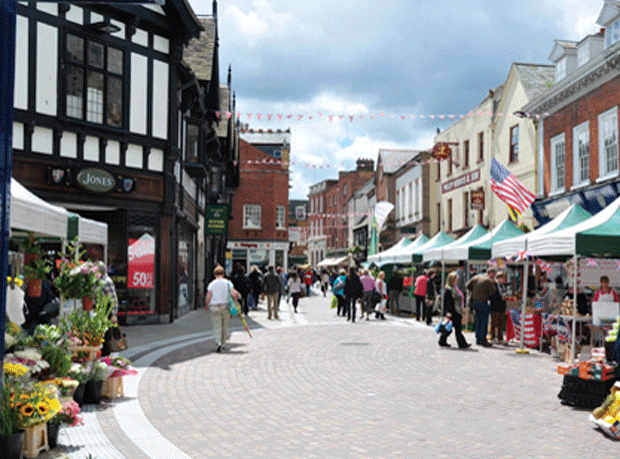
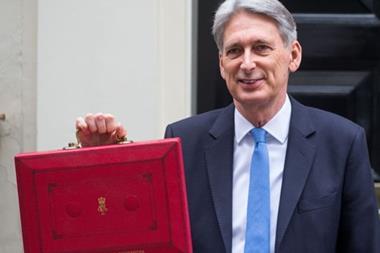
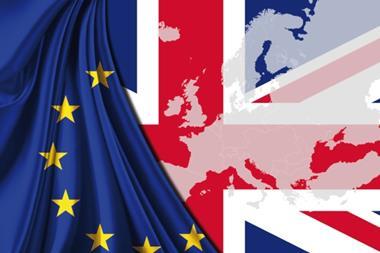


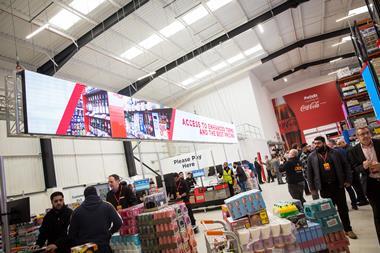


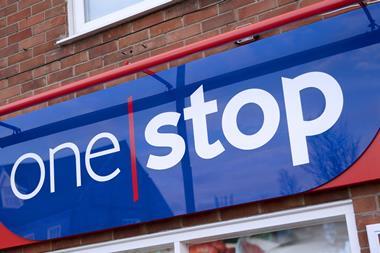

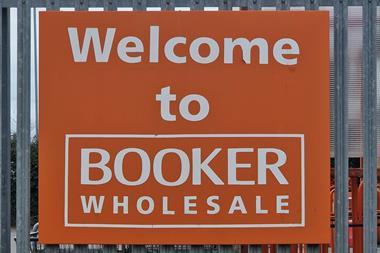
1 Readers' comment